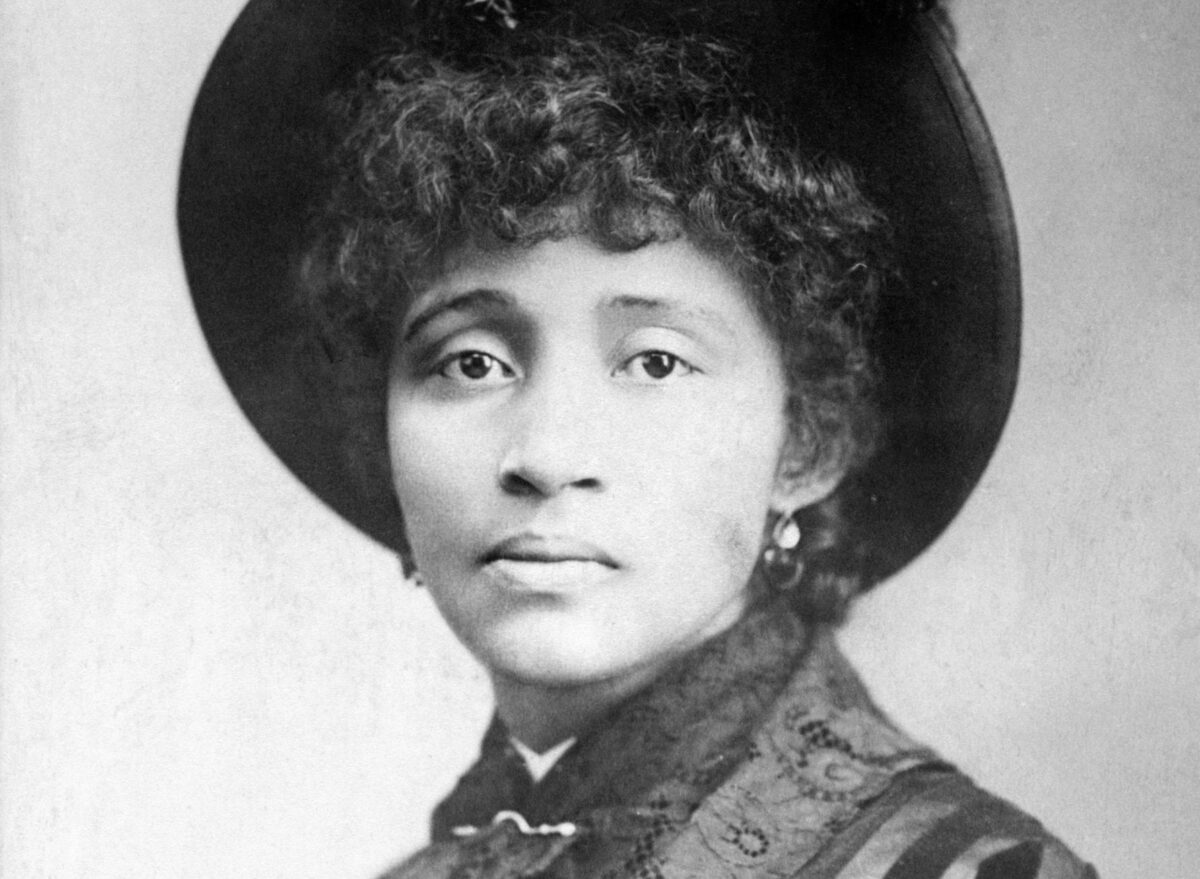From ‘The Liberator: A Weekly Devoted to Revolutionary Propaganda Along Lines of Anarchistic Thought’, January 14, 1906, Chicago, edited by Lucy E. Parsons
Love for home, for the spot around which cluster tenderest reminiscences of youth, where childhood’s happy years were passed, and with which we associate sacred memories of loved ones, this is one of the sweetest sentiments conceived.
We Anarchists strive for the extension of this sentiment to the larger home, to the association of those speaking a common language, having common interests and wants, and sharing the same joys and sorrows, where a common race and a common humanity blend into a harmonious whole; a humanity that shall have outgrown the superstition of the need for governments with their special privileges, their privileged classes, their hindrances, roles and regulations: but instead, a society wherein each adult individual shall be a sovereign unto themselves.
In such a society may we indeed hope to produce real patriots and sow the seeds of real patriotism in every heart. Then the nation will be but the extension of the home principle, and it will be guarded with the same solicitude that we at the present time guard happy homes. Into this New Age we are surely growing. A new literature is being written and added to all the time. The public mind is being trained into new channels of thought. This tells upon society and evolves a new conscience.
Can a real patriotism exist under our present conditions? No. It is only a sham, a fake, and artificial. The great mass of the people have neither home nor country to love or defend. Home should be a hallowed spot, where cling the tenderest memories of childhood’s tender years, where the watchful care of a mother’s love directed the tottering feet of baby dear, and watched her tender flowers grow and develop, and sometimes watered them with her tears.
When these flowers reach the age of maturity, they often scatter over the world. Home should be made so beautiful, so pleasant, so idealistic, that the child’s mind could always wander back to it as a sacred place of pleasant dreams. Such, alas, is not the case now, nor cannot be under our unjust arrangements of society.
Children are growing to maturity whose young years are associated with want; where home was a tenement in which discord and penury ruled, where early years were associated with factory life, where a father’s smile and a mother’s love were overcast by care. Scrimping, anxiety and nervous exhaustion were too often present.
True, there is a certain sordid selfishness, a thin veneering of sickly sentiment in what we are pleased to call home and country at the present time. “My country, ‘tis of thee,” becomes a “sounding brass and tinkling cimble.” Its real owners are a lot of hard, relentless, driving task-masters; it is not the abode of a free, sovereign people.
In fact, no one can have a deep-seated interest in anything in which they have no part. The most stupid of every land must realize that they own no part in the country in which they live, that they are landless, dependent hirelings, merely existing upon the pleasure and sweet will of another class.
Some day the people, the “common” people will conclude that it is not an evidence of patriotism to go out and fight and die by thousands upon battle fields and pass through all the horrors of war for a country in which they own no share. There is no real basis for real patriotism among the masses.
L. E. P.
Also
Publisher’s Note, by Lucy E. Parsons (1887)
Arrest of Mrs. Parsons and Children, by Lizzie M. Holmes (1887)
A Piece of History, by Lucy E. Parsons (1895)
Lucy E. Parsons’ Speeches at the Founding Convention of the Industrial Workers of the World (1905)
Military Power, from Industrial Worker (1909)
Patriotism: A Menace to Liberty, by Emma Goldman (1910)
The Trial a Farce, by Lucy E. Parsons (1911)
War and the Workers, by the Industrial Workers of the World (1911)
The Workers and War, by Lucy Parsons (1912)
Patriotism A Bloody Monster, by Caroline Nelson (1912)
Should I Ever Be a Soldier, by Joe Hill (1913)
That Sucker, the Patriot, from Industrial Worker (1916)
Patriotism, by Ricardo Flores Magón (1917)
The Deadly Parallel, by the Industrial Workers of the World (1917)
The Haymarket Martyrs, by Lucy E. Parsons (1926)
May Day and Colonialism, by K. C. Sinclair (2025)
Anarchism and Revolutionary Defeatism, by K. C. Sinclair (2025)
Lucy E. Parsons texts at the Anarchist Library
What is Fascism? (and What is Democratic Colonialism?)

